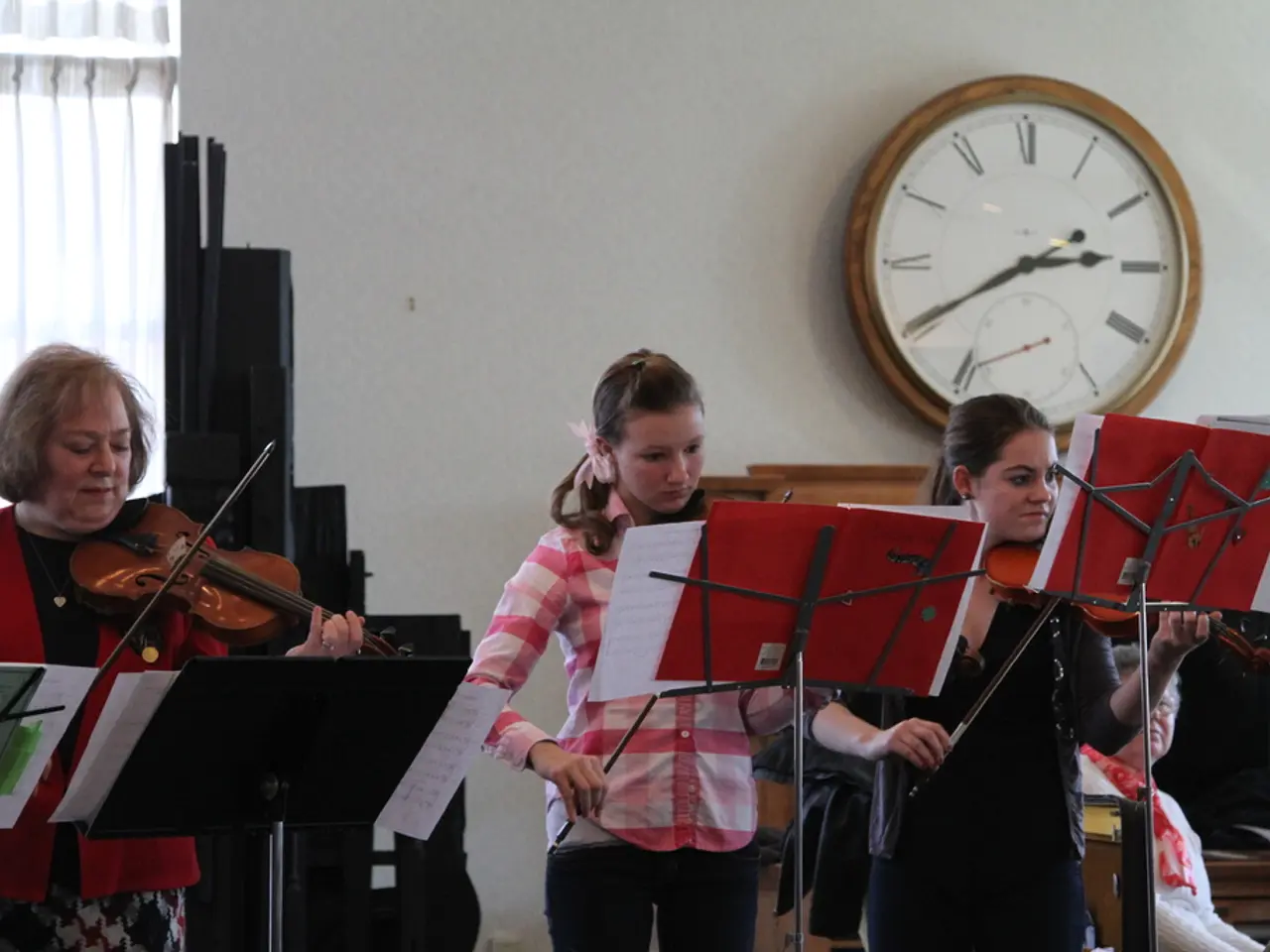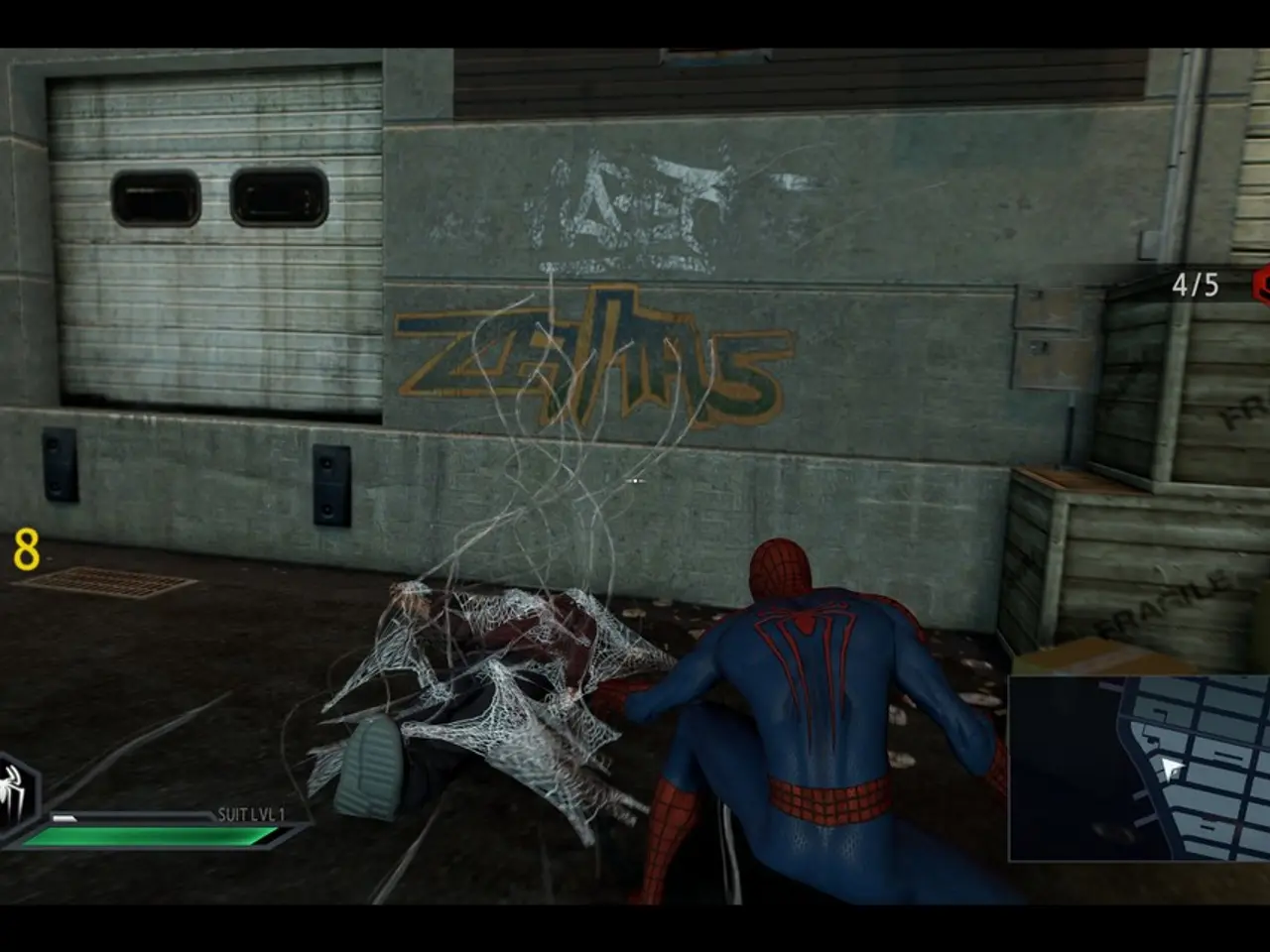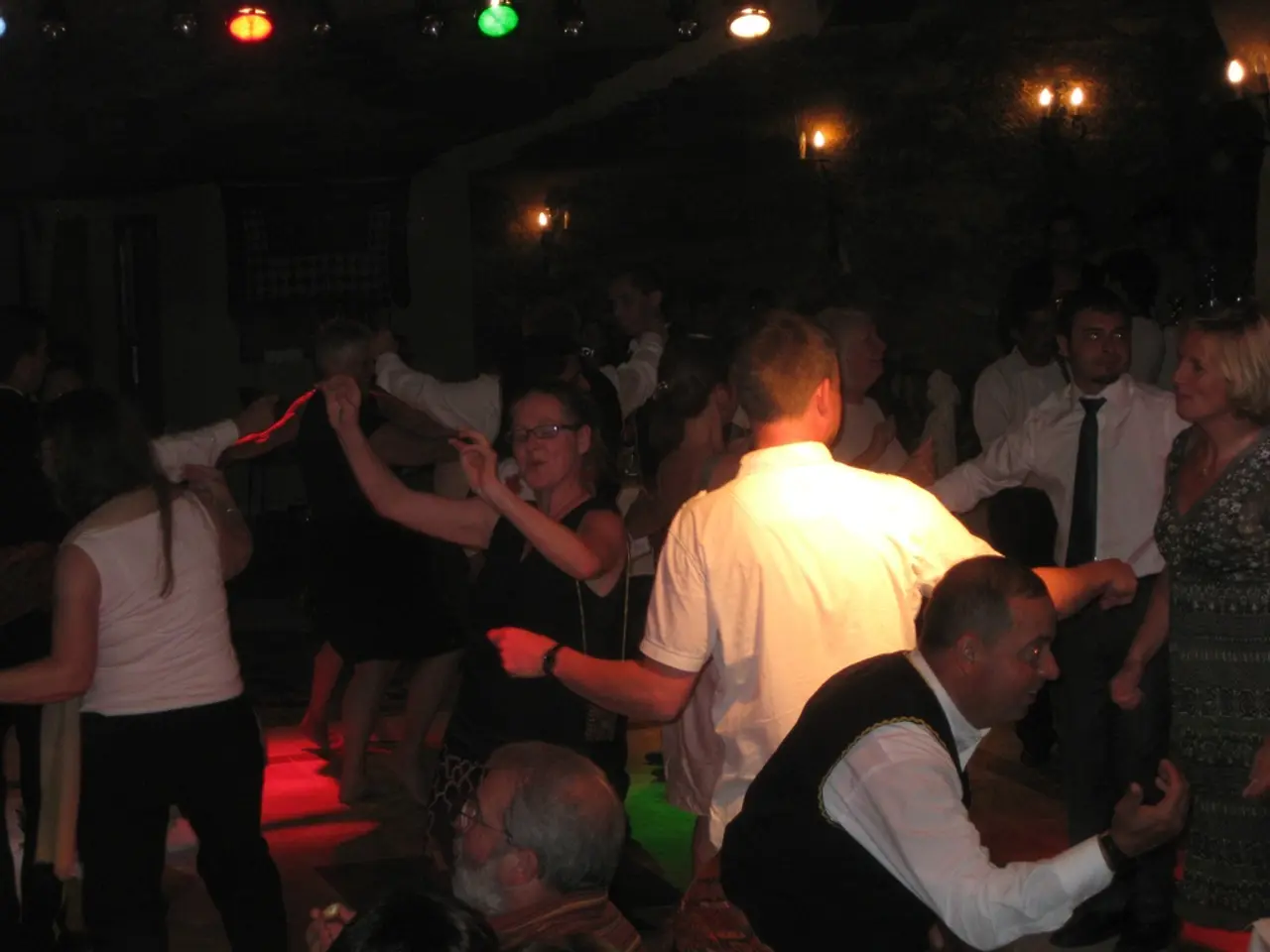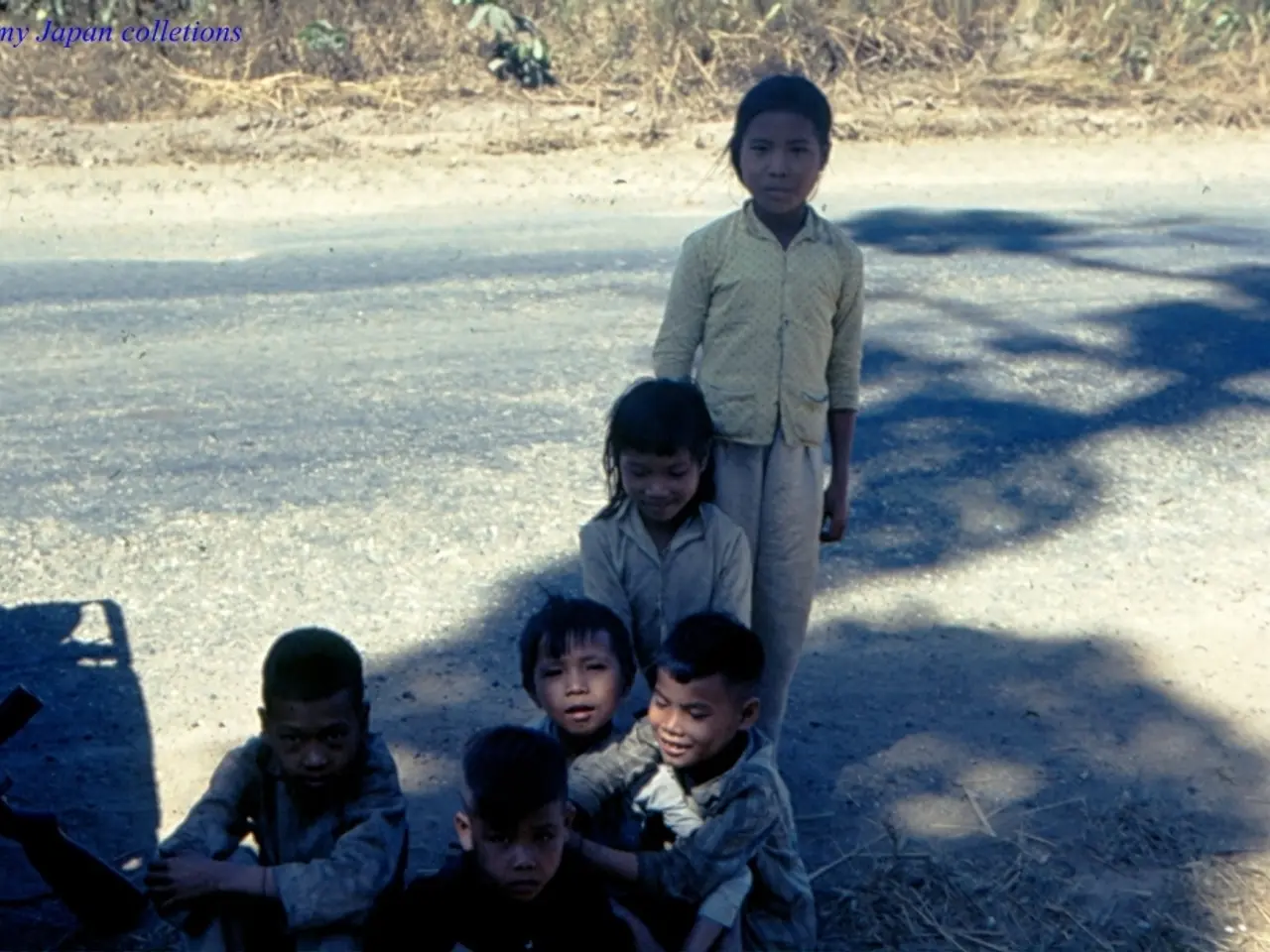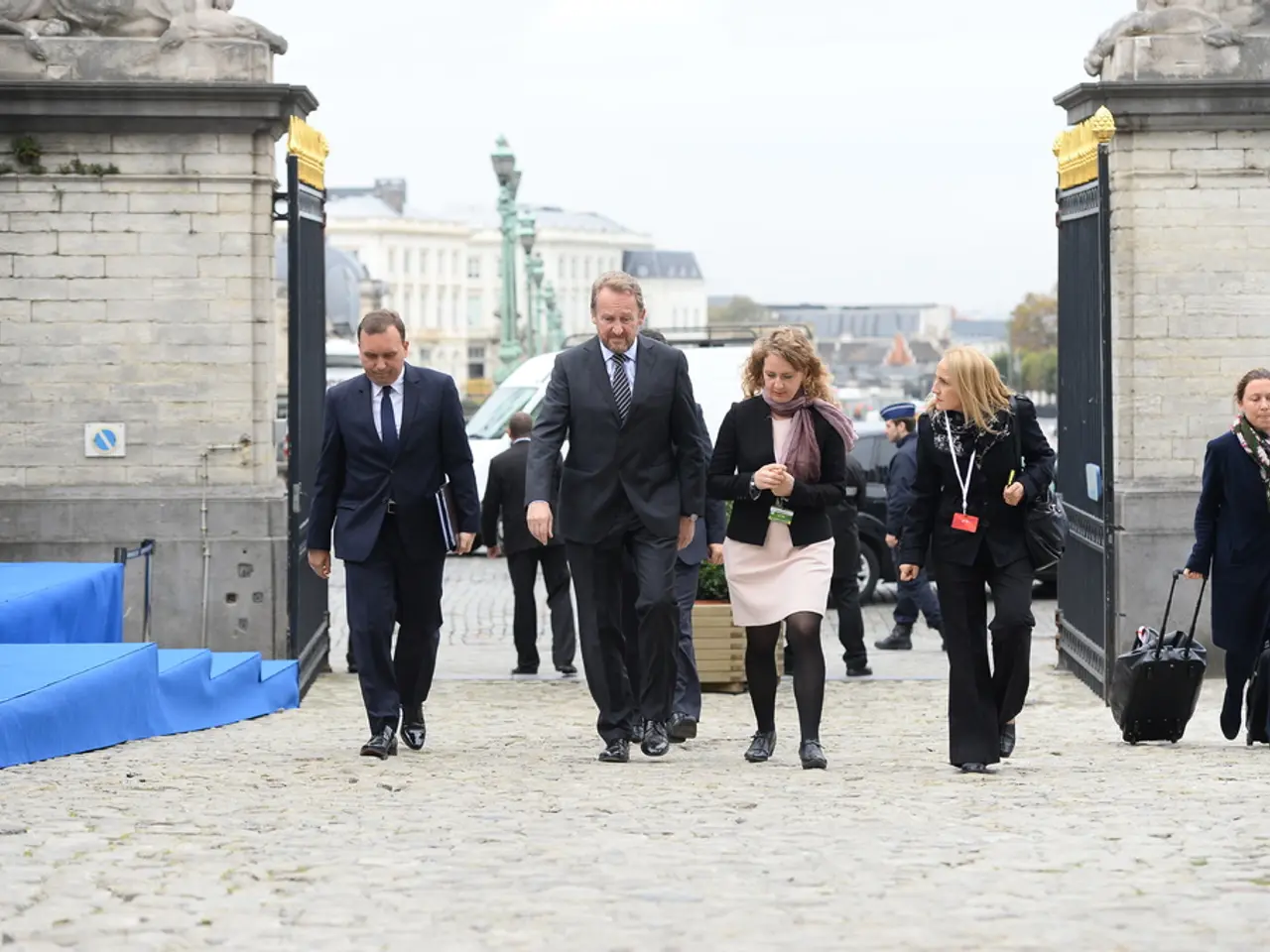American Jewish Music Oral History Project Highlights: Freydele Oysher and Her Khazente Vocal Legacy
In the heart of 20th-century Jewish cultural life, the Oysher siblings, Freydele and Moishe, made significant and complementary contributions to the world of cantorial music. Their stories, captured in the Lowell Milken Center for Music of American Jewish Experience's Oral History Project, offer a unique insight into the transformation and preservation of this rich musical tradition.
Freydele Oysher, a celebrated performer of khazones, or cantorial renditions, made a distinct impact by bringing liturgical and traditional Jewish music into the theatrical realm. Her performances in the Yiddish theater enriched the scene by adding depth, authenticity, and a connection to Jewish religious traditions, while also showcasing the expressive, emotional power of khazones through dramatic presentation. This fusion not only broadened the appeal of cantorial music but also contributed to its cultural continuity and artistic innovation.
In stark contrast, Moishe Oysher's performances of khazones were more traditional and sacred in nature, taking place within the synagogue as part of formal worship. As a cantor, Moishe's role was to serve the community's religious needs, adhering closely to the established norms of cantorial art and emphasizing prayer and religious experience.
The key differences between their performances lie in context, purpose, and impact. Freydele performed khazones in a theatrical setting, blending religious music with drama and entertainment, while Moishe performed within the synagogue as part of formal worship. Freydele's performances made the musical tradition accessible to a wider, often secular audience, contributing to cultural continuity and artistic innovation, whereas Moishe's performances served spiritual, liturgical functions and religious devotion. Freydele's theatrical performances expanded the reach and artistic possibilities of cantorial music, potentially reaching new audiences, while Moishe's synagogue performances sustained its spiritual roots, influencing the religious life of the Jewish community.
The Oral History Project, featuring interviews with notable figures in American Jewish music, such as Freydele Oysher and her husband, singer and composer Harold Sternberg, offers a valuable resource for researchers. The project's videos are charming and entertaining, with the power to convey living personalities and the impact of first-person narratives. The project's transcription tool, aligned with the video, provides texts of the interviews, and the search-enabled transcript function allows researchers to pinpoint moments in the videos that are relevant to their research questions.
One poignant moment in Freydele's interview, conducted by noted Jewish music scholars and record producers Neil W. Levin and Barry Serota in 1995, revolves around her brother Moishe's confrontation with a delegation of Rabbis who demanded he choose between the theater and the synagogue. Freydele recounts Moishe's response, stating that he wanted to continue performing in both the theater and the synagogue. This story, resonating with the words "this is my life" from Freydele's quote, serves as a personal statement coming from the queen of the Yiddish stage and a masterful performer of early 20th-century styles of Jewish sacred music.
Moishe found a compromise by foregoing performances on the Sabbath and holidays and refraining from performing in scenes where he would kiss his love interest in romantic roles. This balance allowed him to maintain his commitment to both his artistic pursuits and his religious obligations. Freydele may have used the story about her brother to express her own feelings about the contribution she made to the spiritual life of the Jews with her khazones.
The Oral History Project's video archive is expected to have a significant impact on research on Jewish music and American Jewish life. With interviews featuring important figures such as Milton Babbitt, Josef Cykowsky, and Mina Bern, the project offers a wealth of information and personal stories that bring the history of Jewish music to life. The project's contribution to preserving and sharing these stories is invaluable, providing a testament to the power of art and performance in bridging the gap between the sacred and the secular.
Freydele Oysher's theatrical performances infused liturgical and traditional Jewish music with drama and entertainment, broadening the appeal and contributing to the artistic innovation of cantorial music. In contrast, Moishe Oysher's synagogue performances maintained spiritual roots and influenced the religious life of the Jewish community.
The Oral History Project, showcasing interviews with notable musicians like Freydele Oysher and her husband, offers a unique and engaging resource for researchers, with poignant moments and personal stories that provide insights into the history of Jewish music and its role in bridging the gap between the sacred and the secular.
